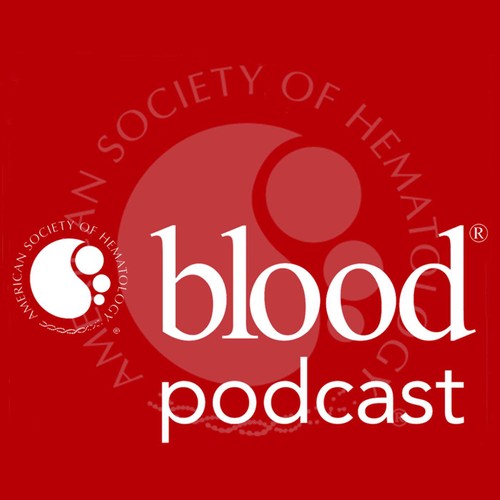
 Blood Podcast
Blood Podcast Hematopoietic stem cells with enhanced transplantability, ruxolitinib for refractory macrophage activation syndrome, and magrolimab in newly diagnosed acute myeloid leukemia
Jul 31, 2025
Discover groundbreaking research on hematopoietic stem cells that enhances transplant success. Learn how ruxolitinib is transforming treatment for refractory macrophage activation syndrome. Explore fascinating trials that assess magrolimab’s role in acute myeloid leukemia, revealing unexpected challenges in efficacy and safety. This episode dives into innovative therapies and the pivotal role of neutrophils in improving patient outcomes, showcasing the latest advancements in transplant biology and hematological treatments.
AI Snips
Chapters
Transcript
Episode notes
Super Hematopoietic Stem Cells
- Hematopoietic stem cells (HSCs) show variability in transplant success and multi-lineage differentiation.
- A "super" class of HSCs rapidly repopulates and supports broad differentiation, linked to specific gene expression and CD27-negative status.
Neutrophils Drive MAS Pathology
- Neutrophil activation significantly contributes to macrophage activation syndrome (MAS) in adult-onset Still's disease.
- JAK inhibitor ruxolitinib reduces neutrophil extracellular trap formation, improving clinical symptoms in refractory MAS.
Magrolimab Lacks Benefit in AML
- Phase III trials showed magrolimab added to azacitidine or venetoclax did not improve outcomes in newly diagnosed AML.
- CD47 blockade alone is insufficient for AML treatment and may increase adverse events in vulnerable populations.
